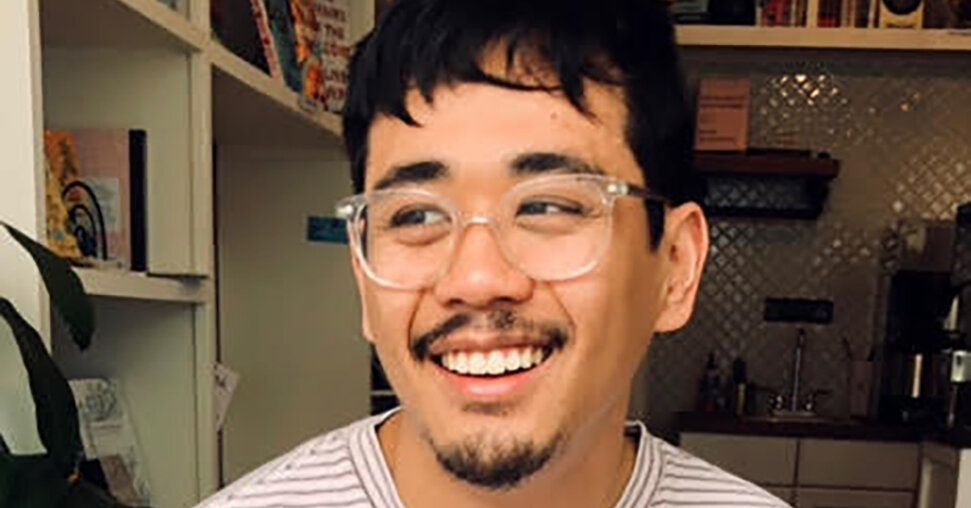
“Afterparties” will not be the last the world hears from So. The second of his two-book deal with Ecco was originally planned to be a novel, “Straight Thru Cambotown,” which So was in the process of writing.
Instead, a second book, tentatively titled “Songs on Endless Repeat” and slated for release in the first half of 2023, will include chapters from the novel as well as nonfiction by So, including a personal essay, “Duplex,” that The New Yorker published earlier this month.
The stories in “Afterparties” are set in California, and while many of the characters have lived nowhere else, the Khmer Rouge genocide casts an unmistakable shadow — sometimes to convey how trauma can be passed down from generation to generation, other times for darkly comedic effect. In “Generational Differences,” a mother who survived Pol Pot’s reign is unnerved by her 9-year-old’s “endless curiosity with the regime, the camps, the genocide. Every little detail you would demand to know, as if understanding that part of my life would explain the entirety of yours.” In “Three Women of Chuck’s Donuts,” also previously published in The New Yorker, a father yells, “There were no ice cubes in the genocide!” when his teenage daughter drinks a glass of water.
That dichotomy, too, is familiar to So’s sister Lamb. Among Cambodian Americans, the genocide is either a forbidden and repressed topic of conversation, she said, “or they’re like my family, and every single freaking moment they get is like, ‘That wouldn’t have been in the genocide.’”
So was born and raised in Stockton, the driven, high-achieving son of his mother, Ravy, who worked for the Social Security Administration, and his father, Sienghay, the owner of an auto repair shop. He was the salutatorian of his high school class (a sore subject, his sister said, since So thought he missed the top spot on a technicality), and entered Stanford intending to major in computer science. But he failed his classes during his first year, shocking his family, according to Lamb. It was around this time that he came out to his family and was diagnosed as bipolar.
He switched his academic focus to art and literature, becoming engrossed with artists such as Diane Arbus and Mark Rothko (one of his and Torres’s favorite works at the San Francisco Museum of Modern Art was the landscape painting “Valley Streets,” by Wayne Thiebaud) and briefly trying out stand-up comedy. After graduating, he enrolled in Syracuse’s M.F.A. program, during which time he took a bus to New York City and, on a Friday afternoon in 2018 that has already become part of Anthony Veasna So lore, walked into the offices of n+1 and introduced himself to its publisher, Mark Krotov.




